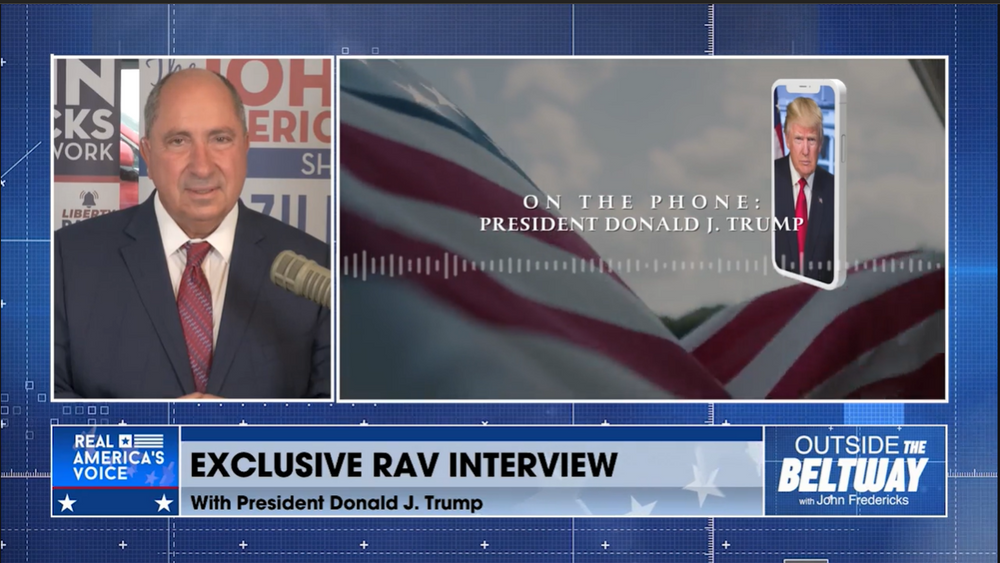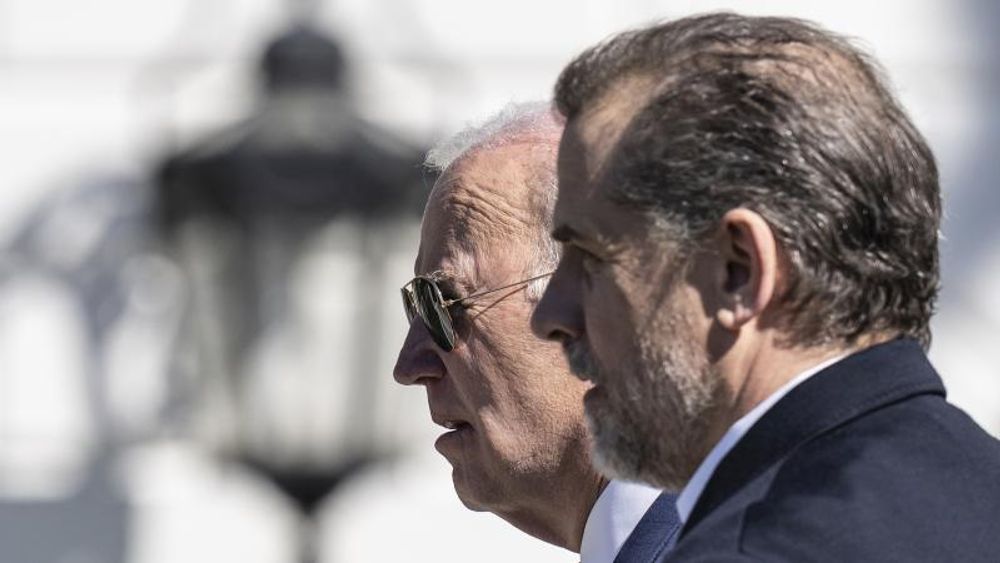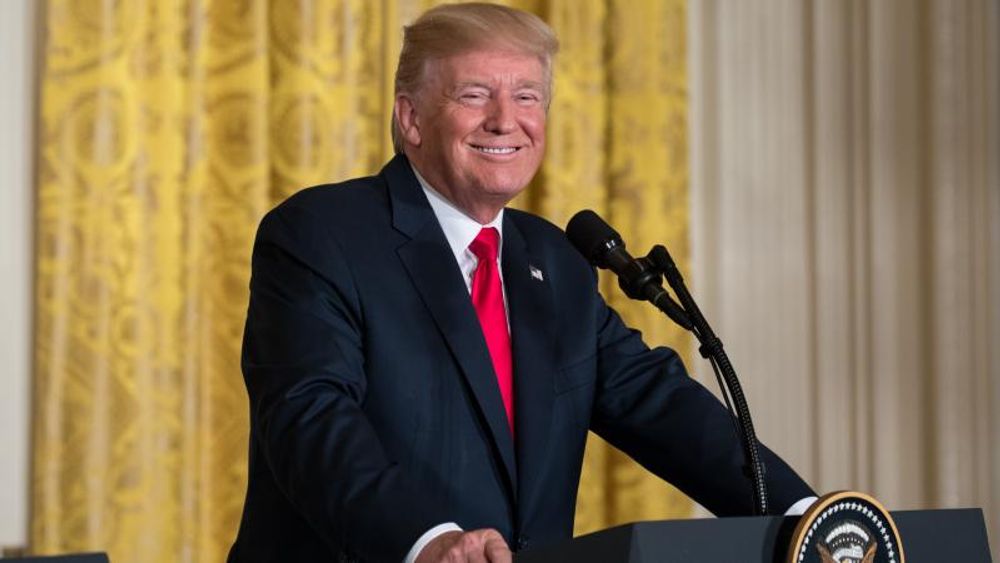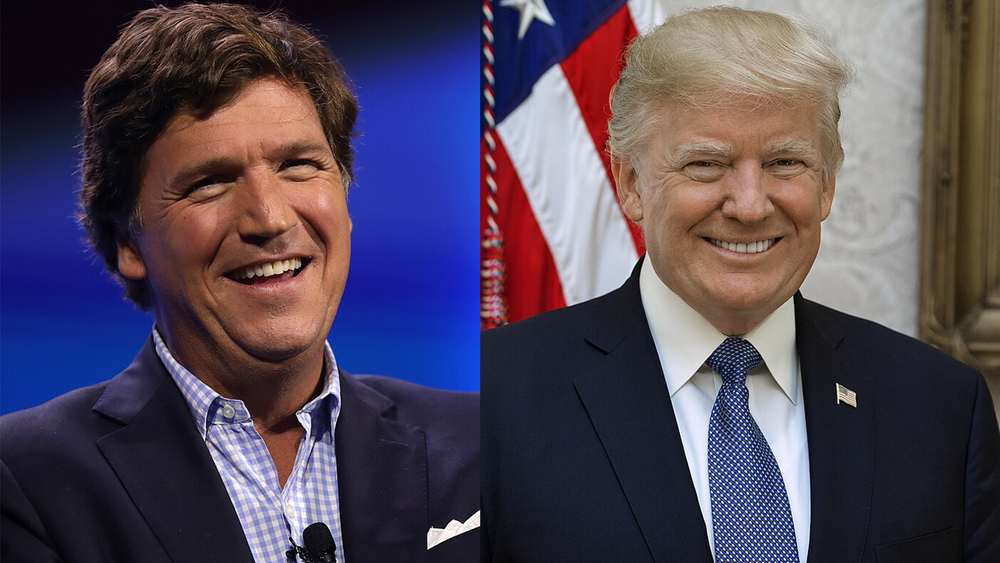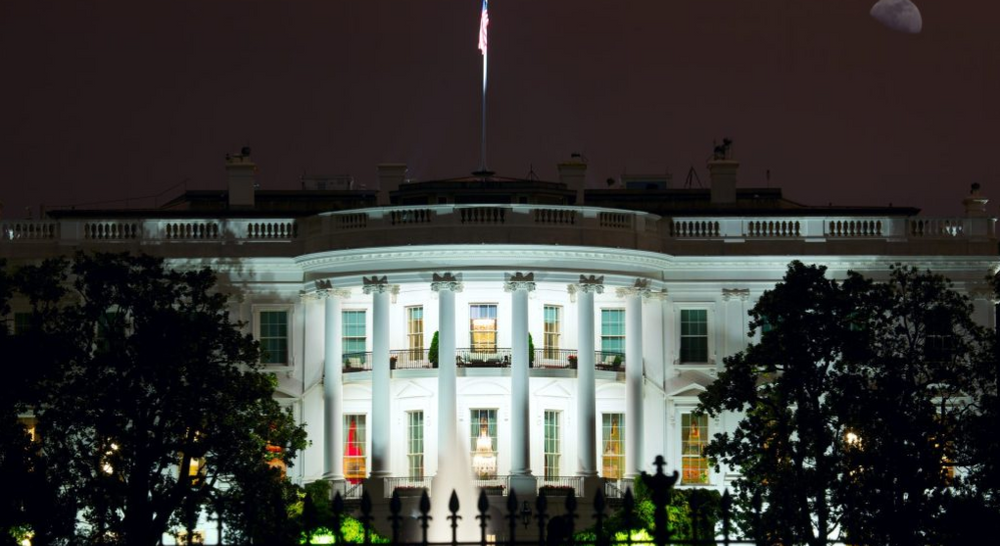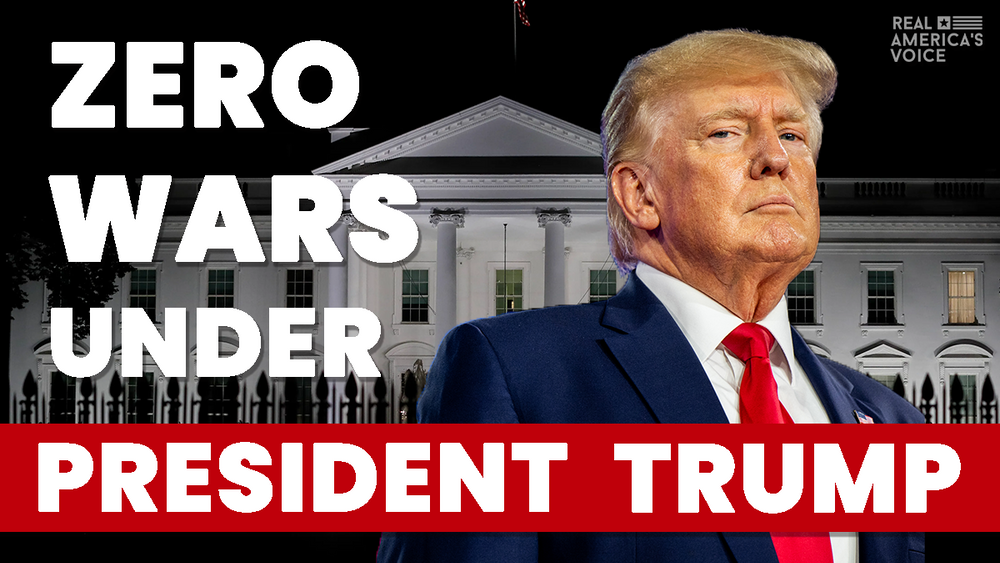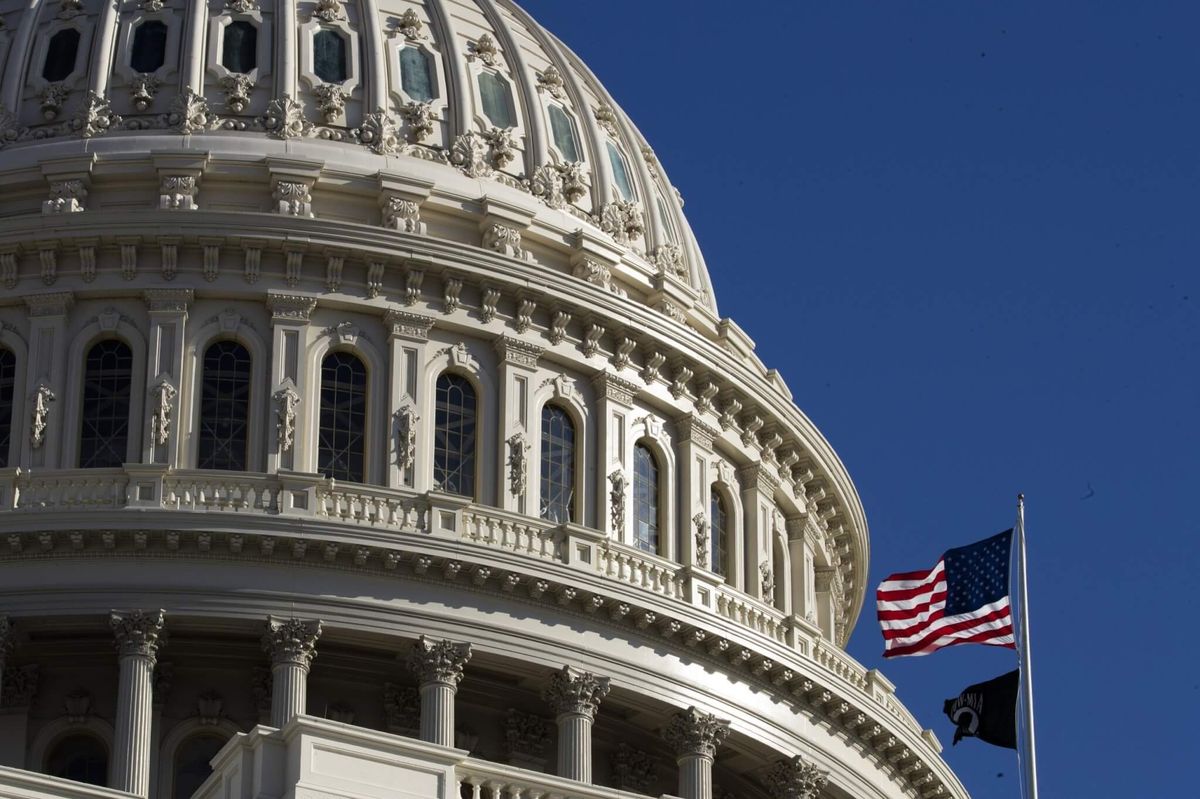
White House, House Lawmakers Lay Out Impeachment Cases as Trial Looms
White House lawyers are due to submit Monday a brief detailing their arguments in the impeachment trial of U.S. President Donald Trump, a day before the proceedings begin in earnest.
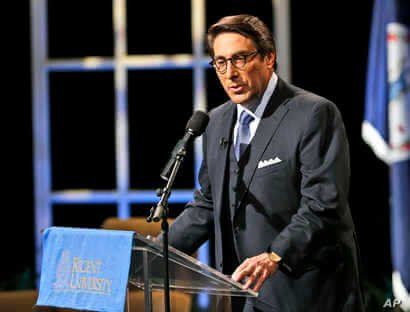
In an earlier, shorter response to the articles of impeachment approved by the House of Representatives, lawyers Pat Cipollone and Jay Sekulow said the Senate must reject the charges against Trump because they "rest on dangerous distortions of the Constitution that would do lasting damage to our structure of government."
They argued the House is trying to undermine the president's power to determine foreign policy, and that it is trying to control and punish the executive branch for asserting its constitutional privileges.
Regarding the charge that Trump abused his power by asking a foreign power to launch investigations that would benefit him politically, the lawyers argued the House is trying to undermine the president's power to determine foreign policy.
In response to the charge Trump obstructed Congress by directing members of the executive branch to not comply with subpoenas, the lawyers said those actions were a legitimate assertion of "confidentiality interests grounded in the separation of powers."
House lawmakers serving as prosecutors have already filed their trial brief, saying it was clear that the "evidence overwhelmingly establishes" that Trump is guilty of both charges in the two articles of impeachment.
Key players in the trial argued sharply Sunday about whether the president's actions could warrant his removal from office.
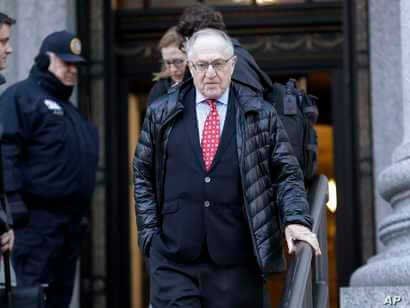
Criminal defense lawyer Alan Dershowitz, one of the team of lawyers defending Trump, told CNN's "State of the Union" show that he will tell the 100 members of the Senate, who are acting as jurors deciding Trump's fate, that "even if the facts as presented are true, it would not rise to the level of impeachment" to convict Trump and oust him from office.
The lawmakers will be deciding whether Trump committed "high crimes and misdemeanors," the standard the U.S. Constitution set for removing a president from office. The Republican-majority Senate remains highly unlikely to convict Trump, a Republican, since a two-thirds vote against Trump would be necessary to remove him from the White House.
Trump last July asked Ukrainian President Volodymyr Zelenskiy to launch an investigation of one of his top 2020 Democratic challengers, former Vice President Joe Biden, his son Hunter Biden's work for a Ukrainian natural gas company, and a debunked conspiracy theory that Ukraine sought to undermine Trump's 2016 campaign. The phone call between the two leaders happened at the same time Trump was temporarily blocking release of $391 million in military aid Kyiv wanted to help fight pro-Russian separatists in eastern Ukraine.
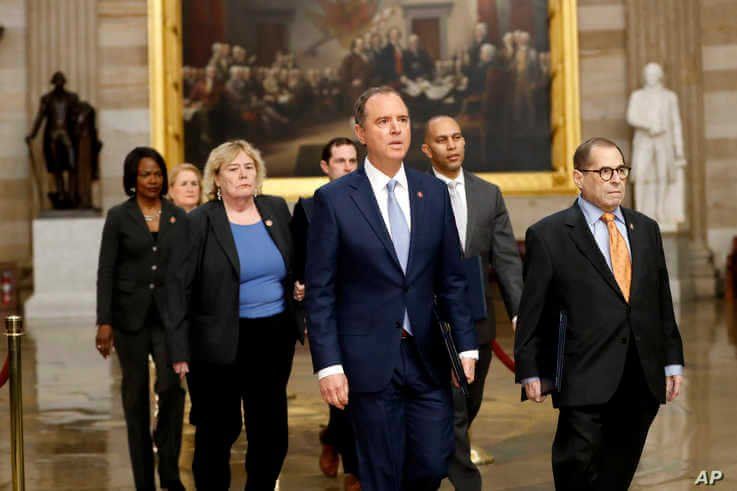
Congressman Adam Schiff, the leader of seven House impeachment managers, told ABC News' "This Week" show, "The facts aren't seriously contested, that the president withheld hundreds of millions of dollars in military aid to an ally at war with Russia, withheld a White House meeting that the president of Ukraine desperately sought to establish with his country and with his adversary the support of the United States in order to coerce Ukraine to helping him cheat in the next election."
Schiff added, "They really can't contest those facts. So the only thing really new about the president's defense is that they're now arguing that because they can't contest the facts that the president cannot be impeached for abusing the power of his office."
The Senate has yet to decide whether it will hear witnesses in the impeachment trial, with new testimony opposed by Senate Republican leader Mitch McConnell.
Democrats want to subpoena former national security adviser John Bolton, acting White House chief of staff Mick Mulvaney and others to testify about their knowledge of Trump's Ukraine actions. Trump eventually released the Ukraine military aid in September after a 55-day delay without Zelenskiy launching the Biden investigations. Republicans say that is proof that Trump did not engage in a reciprocal quid pro quo deal — the military aid in exchange for the investigations to help him politically.

One of Trump's staunchest Senate defenders, Sen. Lindsey Graham, on the "Fox News Sunday" show, called the impeachment effort "a partisan railroad job. It's the first impeachment in history where there's no allegation of a crime by the president."
He said if Democrats demand to hear testimony from Bolton, Mulvaney and others, Trump will seek to invoke executive privilege against their testimony to protect the sanctity of private White House conversations.
"Clearly to me any president would ask for executive privilege regarding these witnesses," Graham said, adding that if they were that important to the House case against Trump, Democrats should have sought their testimony during the House investigation.
Democrats did seek more testimony from White House aides, but Trump ordered them to not cooperate with the impeachment investigation; several aides complied with Trump's edict while others did not. Democrats dropped their efforts to compel some testimony out of a fear that it would result in a lengthy legal battle that could have been tied up in U.S. courts for months.
Trump's Senate impeachment trial is only the third such event in the nearly 2 1/2 centuries of U.S. history. Two other presidents — Andrew Johnson in the mid-19th century and Bill Clinton two decades ago — were impeached by the House but acquitted in Senate trials and remained in office. A fourth U.S. president, Richard Nixon in the mid-1970s, faced almost certain impeachment in the Watergate political scandal, but resigned before the House acted.
 Trump Senate Impeachment Trial to Hear Opening ArgumentsNext PostFinding US Impeachment Consistency a Difficult Task
Trump Senate Impeachment Trial to Hear Opening ArgumentsNext PostFinding US Impeachment Consistency a Difficult Task
